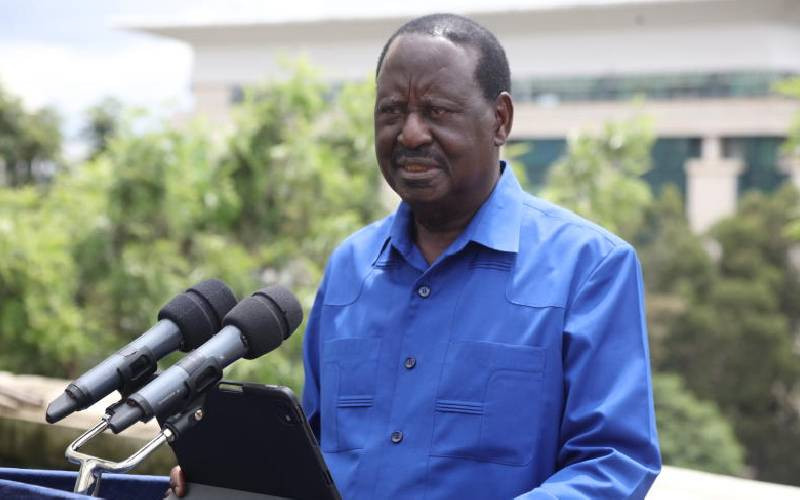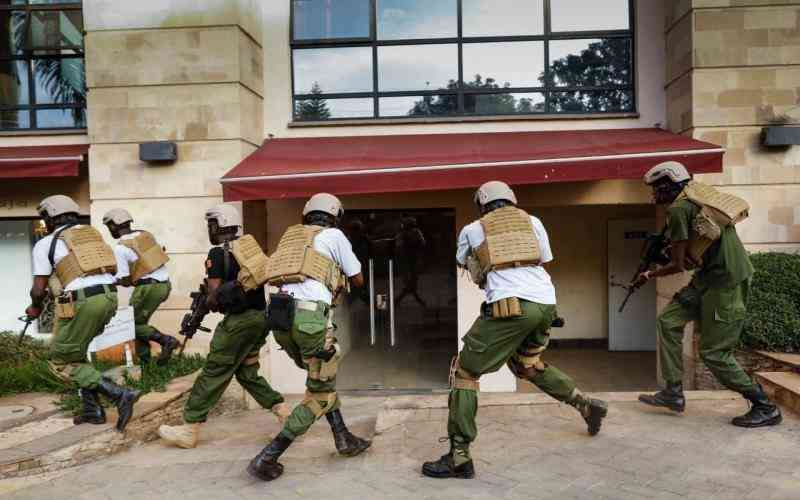The National Assembly has demonstrated yet again its little regard for the spirit and letter of the Constitution. By moving one step closer to enacting draconian legislation that would gag the media and shield Members of Parliament from public scrutiny, the proposed Parliamentary Powers and Privileges Bill would introduce a crime of defamation of Parliament.
Under the provisions of the proposed law, publishing of actions of legislators the Speaker deems to be scandalous will be criminalised.
Journalists found guilty of contravening these provisions proposed by Eldas MP Adan Keynan may be ordered to pay a fine of Sh500,000 or serve a two-year jail term; or be subjected to both penalties.
Last week, MPs voted in support of the obnoxious Bill whose passage could signal the end of publishing information highlighting corruption among legislators, thereby limiting the freedom that the media enjoy, and the public the right to information as guaranteed in the Constitution.
Publishing reports such as those highlighted previously indicating that members of the Public Accounts Committee and the Agriculture Committee received bribes to shield public officers, could then attract severe sanctions.
From its phrasing, the Keynan Bill attempts to control flow of information to the public by requiring prior permission from the Speaker and chairpersons of committees before broadcasts of House proceedings can be permitted.
This is not the first time that Members of Parliament have moved to pass self-serving and retrogressive legislation. MPs have previously dismantled strict provisions designed to enforce discipline in political parties; for instance legal provisions that discourage politicians from hopping from one political party to another to seek nomination for candidacy have been severally watered down.
Similarly, the dilution of the Integrity and Leadership law has allowed charlatans to gain access to public office, and it is not inconceivable that growing corruption in State institutions is the unfortunate consequence.
Only last week, an attempt by MPs to amend the law to extend the term of the current Parliament failed after they sought to move the election date from August to December 2017. But the Speaker has allowed for the motion to be reintroduced, meaning the legislators could marshal the numbers required to open the window to allow for the changing of the election date.
Legislators would obviously benefit from earning pay for another four months.
In another self-serving move last week, legislators passed a motion on an immunity law that would shield them from prosecution if they break the law in the course of duty. These are just some of the transgressions we have witnessed from the Eleventh Parliament.
Laws that limit the freedom of the press should worry us all. Reporters Without Borders, an international organisation that defends the freedom to be informed, in its 2014 index, ranks Kenya 90th of 180 countries, a drop from position 71 in 2013. Another international NGO, Freedom House, ranked Kenya as ‘partly free’ and says recent legislations have increased the threat thresholds.
The media in Kenya is under siege like never before largely through legislation such as the Prevention of Terrorism Act, Security Laws (amendment) Act 2014, The Kenya Information and Communication Amendment Act 2013, The Media Act 2013, and the published broadcast regulations by the Communications Authority.
These laws undermine the democratic culture that relies on knowledgeable citizens whose access to a broad range of information enables them to participate fully in public life. The National Assembly must not deny Kenyans the right to information. It must not stand in the media’s way to hold public officials accountable, whether they are legislators, members of the Judiciary or functionaries in the Executive. We must continue to encourage a thriving and a free press as canvass for support to stop the passage of this unconstitutional Bill.
 The Standard Group Plc is a
multi-media organization with investments in media platforms spanning newspaper
print operations, television, radio broadcasting, digital and online services. The
Standard Group is recognized as a leading multi-media house in Kenya with a key
influence in matters of national and international interest.
The Standard Group Plc is a
multi-media organization with investments in media platforms spanning newspaper
print operations, television, radio broadcasting, digital and online services. The
Standard Group is recognized as a leading multi-media house in Kenya with a key
influence in matters of national and international interest.
 The Standard Group Plc is a
multi-media organization with investments in media platforms spanning newspaper
print operations, television, radio broadcasting, digital and online services. The
Standard Group is recognized as a leading multi-media house in Kenya with a key
influence in matters of national and international interest.
The Standard Group Plc is a
multi-media organization with investments in media platforms spanning newspaper
print operations, television, radio broadcasting, digital and online services. The
Standard Group is recognized as a leading multi-media house in Kenya with a key
influence in matters of national and international interest.









